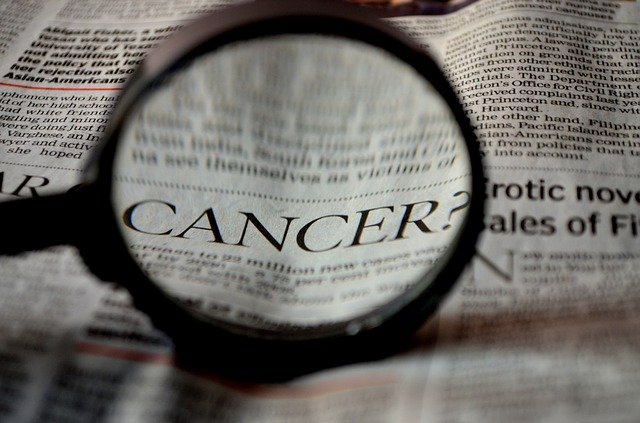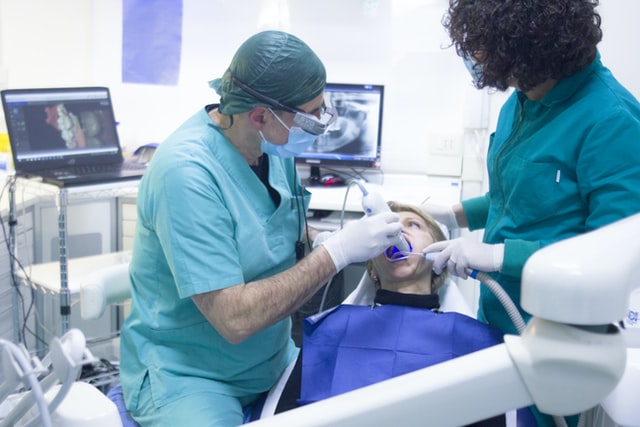Routine dental cleanings: An early detector to developing deadly cancer
Pancreatic Cancer: Could Bacteria in Our Mouth Help Us Detect This Deadly Cancer Sooner?
Jessica Cote, National Center for Health Research
Pancreatic cancer has one of the worst survival rates of all cancers: 94% of patients die within five years of diagnosis. Pancreatic cancer is the fourth-leading cause of cancer-related deaths in the U.S. and is expected to claim over 37,000 American lives in 2012.[1]
Early Detection Would Improve Survival Rates
Like most cancers with low survival rates, pancreatic cancer is usually not diagnosed until after it has grown and spread to other parts of the body. Because the pancreas plays such a large role in the absorption of foods and the regulation of blood sugar levels, an advanced tumor in the pancreas severely impairs the digestive system and hormone regulation. When the cancer is finally found at this advanced stage, it can be very difficult to remove because the tumor has expanded into nearby blood vessels or organs such as the liver. For those lucky enough to discover the cancer early (only 10% to 15% of cases), tumors can be surgically removed, along with part or all of the pancreas (pancreatectomy).For the more than 80% of cases of pancreatic cancer that can’t be removed by surgery because it is too advanced, treatment includes radiation therapy, chemotherapy, or surgery to remove part of the pancreas, or a combination of the three.[2] These treatments don’t cure the cancer but they can help shrink tumors and slow the cancer’s spread.
Survival rates for pancreatic cancer patients could be greatly improved with a better method for finding and diagnosing the cancer at earlier stages. There is no simple screening test for pancreatic cancer, but new research suggests that testing for oral bacteria using a sample of saliva, gum or plaque might help doctors figure out who has the greatest risk of developing pancreatic cancer.
Continue reading



